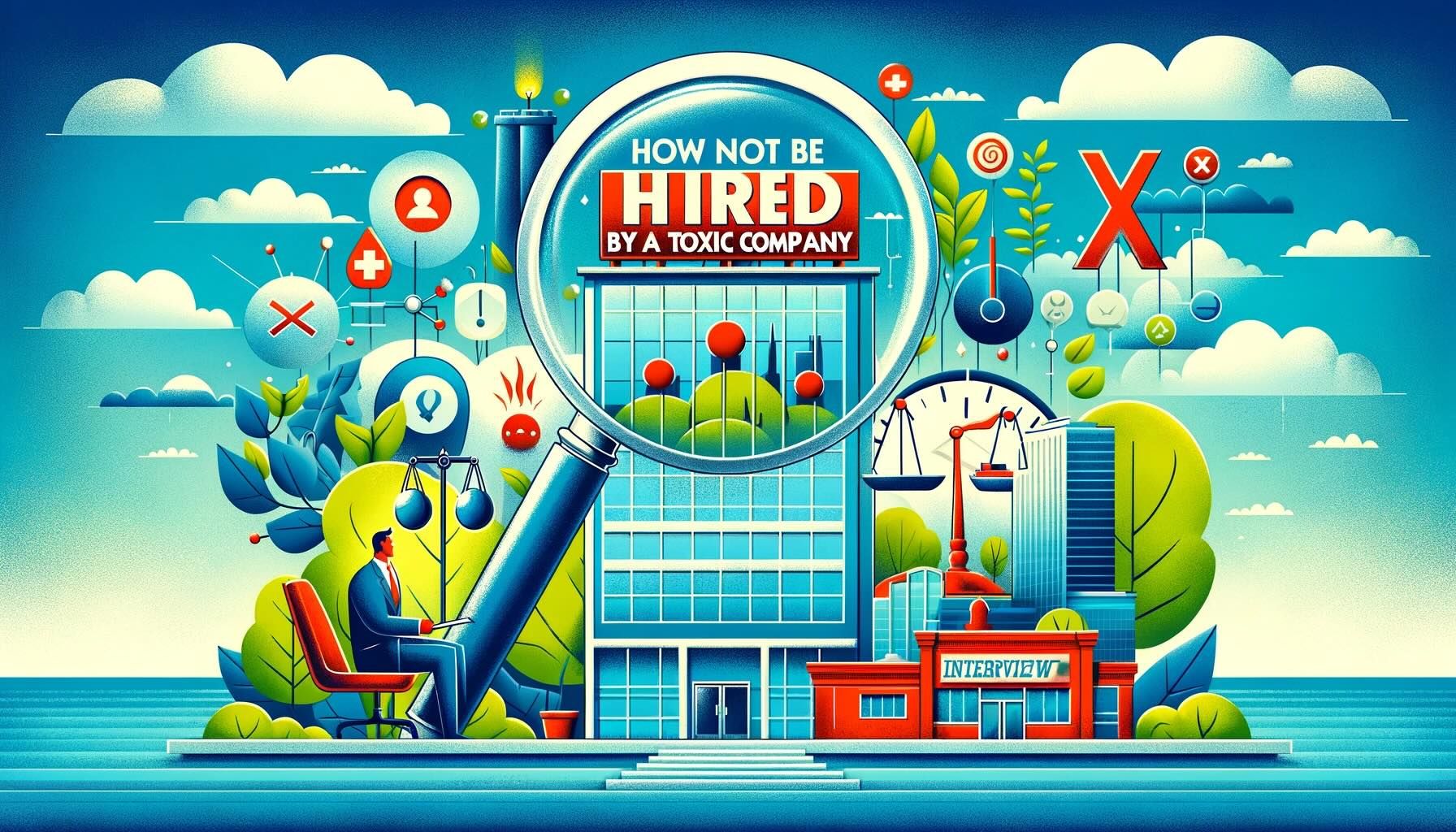With eight years of experience in software engineering, I've seen how toxic work environments can impact one's career and well‑being. Here's an expanded guide to help you avoid such companies.
Research the Company Culture
Understanding a company's culture is crucial. Look beyond the official website and explore:
- Employee Reviews: Sites like Glassdoor or Indeed often contain candid feedback about management style, work‑life balance, and office politics.
- Social Media and News: Check their social media presence and recent articles to see how they handle crises or controversies.
- Network Insights: If possible, reach out to current or former employees on LinkedIn for firsthand accounts.
Evaluate the Job Description
A job posting can reveal a lot:
- Vague Descriptions: Be wary of listings that don’t clearly define responsibilities or requirements—it may signal disorganization or unrealistic expectations.
- Over‑the‑Top Language: Phrases like “superstar coder,” “wizard,” or “hero” can hint at a culture that expects overwork.
- Perks Over Substance: If perks (free lunches, ping‑pong tables) are highlighted more than the role itself, they may be compensating for a demanding environment.
Observe the Interview Process
The way a company conducts interviews often mirrors its culture:
- Respect and Professionalism: Are the interviewers punctual and prepared? Disrespectful or disorganized behavior is a red flag.
- Questions They Ask: Note whether questions are relevant and respectful, or invasive and off‑topic.
- Their Transparency: How openly do they answer your questions? Evasive responses can indicate deeper issues.
Ask the Right Questions
Arm yourself with specific inquiries:
- Work‑Life Balance: “What are the expectations for overtime?” “How do you prevent employee burnout?”
- Team & Management: “What’s the management style here?” “How often does the team meet?”
- Career Development: “What training and growth opportunities exist?” “How are performance reviews handled?”
- Employee Turnover: “What’s the average tenure?” High turnover often signals a toxic atmosphere.
Listen to Your Gut
Your intuition is powerful. If something feels off—trust that feeling. It can save you from a negative experience.
Follow‑Up After the Interview
Pay attention to how they handle post‑interview communication:
- Communication Style: Are they prompt and professional?
- Offer Details: Scrutinize any clauses around mandatory overtime or ambiguous responsibilities.
Conclusion
Avoiding a toxic work environment starts with diligent research, keen observation, and trusting your instincts. Asking the right questions and noticing subtle cues can reveal a company’s true character. Remember, job hunting is a two‑way street: they choose you, and you choose where you’ll thrive.
